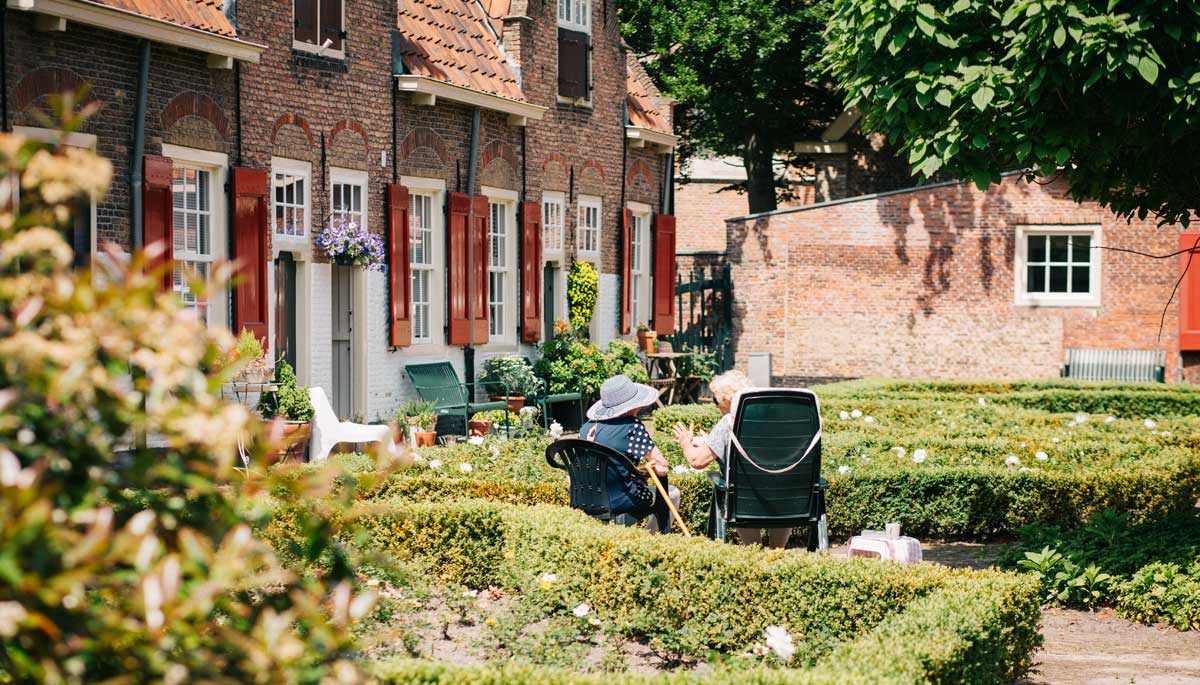
Buying Retirement Property? Here Are 3 Homeownership Options!
If you’re looking to invest in a retirement property, there are a few factors to think about.
Most South Africans who find themselves in this position have owned property at some point or another in their lives and may have already chosen to downsize to a smaller house that suits their needs, both in terms of security and proximity to necessary amenities.
Banks, however, do tend to be hesitant to approve loans to buyers over 60 years old, meaning that the majority of retirement properties are cash transactions!
Investors have found a way around this by purchasing their retirement properties years earlier and renting it out until they are ready to move in!
This is particularly common in retirement villages where, although residents are usually required to be at least 50 years of age, investors purchase their retirement properties beforehand and move in at a later stage.
There are a number of options available for those who have money saved for their retirement, from luxury properties to smaller cottages. Remember that there are different types of ownership, which will impact what you can do with your property.
These three types of ownership, namely sectional title, share block and life rights, which will be briefly discussed below:
(1) Sectional title
When buying a retirement property, the sectional title option does not differ from the usual sectional title investment.
In this case, a conveyancing attorney will register your property through the Deeds Office, where the normal charges and fees are to be expected (transfer costs, conveyancing attorney account etc.).
If you go for the sectional title option, you will immediately become part of the Body Corporate and will be included in important discussions and decision-making processes regarding the complex.
(2) Share block
The share block option works quite differently, in that a company owns a building and designates various amounts of shares to different parts of the building, and consequently sells those shares to interested buyers. Those who have bought these shares, therefore, have the right to move into the building, according to whatever shares they have purchased.
However, in this instance, the leadership of the company can make important decisions without the knowledge of the shareholders. Shares cannot be used to aid future purchases, although this is possible with immovable property.
Yet, it is possible for the share block option to be changed to a sectional title if at least 30% of the owners agree to the conversion. And following this shift, at least 50% must be on board with the resolution. At that point, any such investors will then become full property owners as opposed to being ‘just’ shareowners.
(3) Life rights
The life rights option means that buyers do not own the property, but can live there under the terms of the Housing Development Scheme for Retired Persons.
So, in the case of a married couple, both parties are protected under the life right scheme, meaning that in the event of death, the surviving spouse can continue to reside in the property.
Keep in mind: if you choose this option, there are no legal fees, transfer costs or taxes!
Interested buyers (and/or investors) must do extensive research on each of these options before committing to one, so as to ensure that the final decision suits their needs as best as possible.
One should also think about whether the property will be bought in the buyer’s name or whether buying in a trust, each of which depends on the buyer’s finances and their personal desired circumstance regarding the death duty and capital gains tax.






